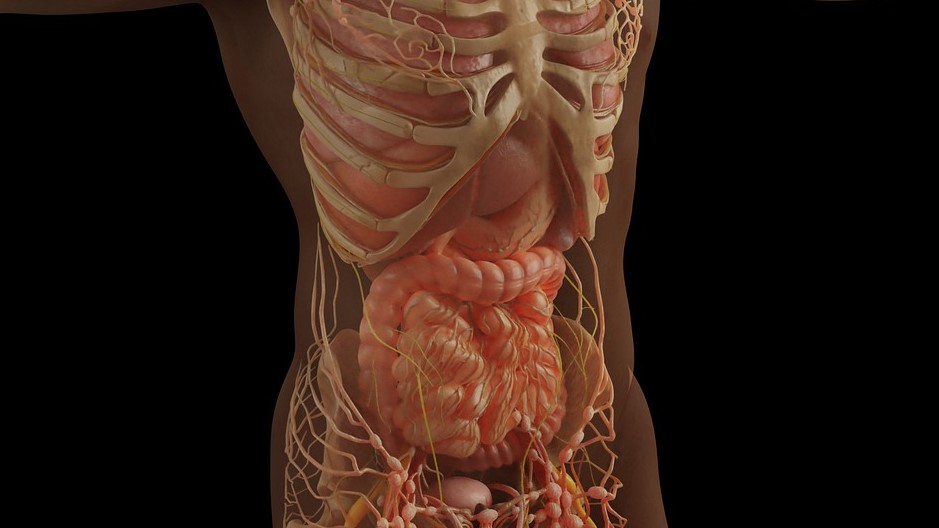A Touch-sensing Protein Helps the Gut to ‘Feel’

New research published in the journal Gastroenterology has discovered that a touch-sensing protein is present in the gut, with its presence likely playing a key role in constipation. The protein, called Piezo2, was found using both human gut samples and mice is not just in our fingers, but also in our gut.
“Many people suffer from digestive issues on a daily basis, such as chronic constipation, however we still don’t understand the cause which underlies most of them,” said Lauren Jones, lead author and final year PhD student.
“Our research identified Piezo2 in cells that line the human digestive tract, allowing them to sense physical stimuli, such as touch or pressure, that would occur when food is present. The cells then respond by releasing serotonin to stimulate gut contractions and push the food along.”
Last year, international researchers Ardem Patapoutian and David Julius were awarded the Nobel Prize in Physiology or Medicine for their research on receptors responsible for the perception of touch and temperature, including the discovery of Piezo2, now known to be responsible for sensing light touch on our skin.
Of potential clinical importance, the Flinders research team also discovered that the levels of Piezo2 decrease in the gut with age, and found that if the protein was removed only from gut serotonin cells, gut motility slowed down in mice, causing constipation.
The authors say this could be a potential contributing factor to age-related constipation and provide a possible path to treatment.
Researchers discover a nuclear import mechanism essential for organ growth and development
“Age-related constipation affects 1 in 2 adults over the age of 80, whilst constipation generally affects almost everyone at some point throughout their life,” says Ms Jones.
“It’s therefore extremely important we increase our understanding of the underlying mechanisms, so that we can find targeted solutions to improve the quality of life of the many people who suffer daily from various gut disorders, including constipation.
“This research provides the building blocks for both further research and the development of highly specific treatments to reduce the impacts of constipation.”
The authors say that, though more studies are needed to firmly link Piezo2 to constipation, the research overall is an important advancement into our understanding of gut physiology, opening up new targets for the treatment of digestive issues.
The insights allow for reduced side effects, explained Ms Jones: “More specifically, we now have the potential to create treatments that are taken orally and only directly impact these cells that line the gut, therefore significantly reducing side effects typically seen with many of the current medications.”
Source: News-Medical.Net

